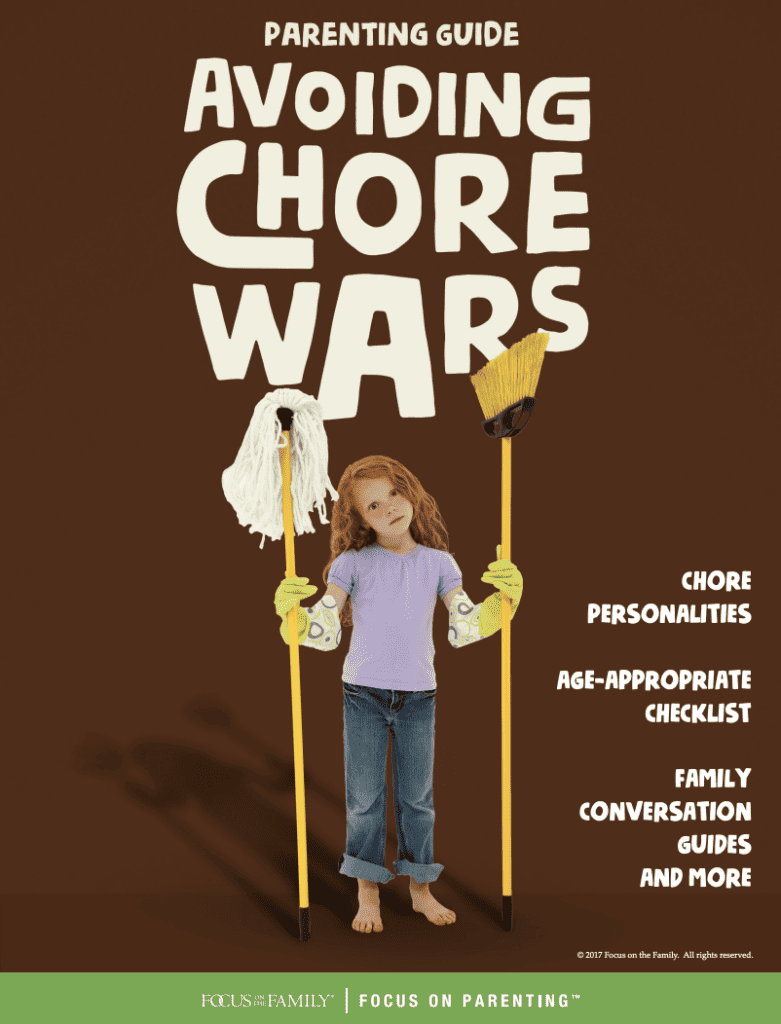
Bible Verses About Beauty and Appearance
Our world sends confusing messages about beauty. These Bible verses about beauty and appearance remind us that true beauty begins in the heart, not the mirror.
January 9, 2025

Children build their self-confidence through learning small, real life skills.
Estimated reading time: 8 minutes
“Me do.” My toddler pushed away my hand and reached for the zipper on the front of her fuzzy, footed pajamas.
Does a parent insist on helping or let those immature fingers take twice as long to do what I can do in a heartbeat?
Remembering I am raising adults, whenever possible I allow my child to do what they can for themselves. Investing time now to teach a skill saves countless hours in the future and equips my child with essential abilities. But the biggest benefit is how a child is impacted by being able to do things independently. Confidence is built when we know how do to something. When we can trust ourselves to accomplish what we set out to do.
My daughter knew how to do laundry so when the child she was babysitting got sick, my daughter confidently put the bedding into the wash and remade the bed for her small charge. She is the favorite sitter because she learned and practiced skills at home that she will use where ever she goes the rest of her life.
Children feel secure when they know they are an intrinsic part of the family. Chores provide opportunities to build confidence as a child learns life-long skills, demonstrates mastery, and is a participating and important part of the family. Relationally, when responsibilities are shared, everyone better remembers that I am the mom, not the maid. Having ownership in running our home and being able to initiate, help, and provide support is a natural confidence-booster.

Up your parenting game by posting a chore chart each child can follow without daily reminding. Use pictures for younger children. For instance, a drawing of a bed reminds a preschooler to make the bed. The figure of a dog, cat, or goldfish represents feed your pet.
Once a child proved their dependability at home by doing their chores and schoolwork without being told (aka, nagged), they earned the privilege to work outside the home. They were the favorites for pet sitting and caring for the mail and houseplants when neighbors traveled.
As your child grows and gains proficiency in their abilities, continue to develop confidence through age-appropriate skills. Here is a general list of what children are commonly able to do after receiving nurturing instruction:
When your child asks to learn a skill, whenever possible, accommodate the request. Parents are the natural teachers in a child’s life, nurturing a child’s naturally developing independence. As a child’s abilities increase, so does their confidence.
Some of our best memories involved learning to do chores and the unexpected adventures that happened while doing chores. My daughter and I still laugh about trying to repair the corral fence while the horse was using the same spot for a scratching post.
When our family all pitched in on big projects like getting the yard ready for winter or painting interior rooms in the house, we played music and participated in mini-competitions to be beat the clock. Many hands made the work go faster. The quick wit of tweens and teens added plenty of laughter.
Because the children knew how to do chores, they usually had ideas to make the process proceed smoother. When the work party was complete, we celebrated with pizza and our famous homemade hot fudge sundaes.
My children developed preferences for how they liked to do chores.
Talkers like me gravitated to a social and sensory-rich chore environment. They played music while doing chores and preferred working together as a group, making the project into a party.

My leaders easily stepped into being in charge. They created momentum to conquer large tasks with multiple steps and naturally cultivated a culture that followed through on activities.

The thinkers in the family appreciated structure, clarity, and consistency in the assignment of chores. Knowing what to do, thinkers created organized chore charts and easily followed through on their part.

Peacemakers preferred to do chores at their own pace. They worked better without time pressures and often without complaining.

Occasionally, when a child’s frustration with life and life’s situations bubbled up, I suggested they do a chore. The physical activity provided a pressure outlet, and the time focused on the task was an opportunity to think and pray.
When the chore was complete, the child usually felt better for having used their adrenalin to do something they felt proud to have accomplished. This action easily channeled into a an understanding that anger brings the gift of added energy to use constructively and positively to right a wrong. There was no regrets when actions rooted in tough emotions led to something improved.
Doing chores together often made it easier for a frustrated child to talk with me. While we folded laundry, pulled weeds, or cleaned the barn stalls, something about the activity and movement, doing something with their hands, allowed them to settle their emotions. They eventually began to talk about what was on their mind. While we did a chore together, we could discuss options, feelings, and pray.
When her children frequently had trouble going to sleep and got out of bed, one friend made a rule that the child who got out of bed could stay up as long as they did a chore. Siblings no longer wondered if they were missing out on what the child who stayed up was doing. The one who stayed up longer, benefitted from the movement, practiced life skills, and had time with a parent.
An added benefit to doing chores with a parent and on their own showed up when mom was sick or called away to help another family member. The children knew how to do the basics to care for themselves and one another including laundry and making meals.
Interestingly, as each of the children went to college and careers, they received comments from instructors and managers. People noticed that these young adults did a task to completion with little supervision. They were not hesitant to try new skills.
For parents, there is a continual balance of protection without overprotection; of helping and teaching without rescuing by doing much that your child can do himself. As often as possible, celebrate these natural progressions to independence. The goal of parenting is to work ourselves out of a job as our child transitions into adulthood and becomes a personally responsible, contributing member of society with their own personal relationship with God.